With more opportunities in the legal field and more schools looking for students, Jose Chavez outlines the application and mental requirements placed on law students.
In light of the slight uptick in law school enrollment, the legal profession is currently growing at a rate of 9% throughout the next decade, compared to other careers requiring a professional or doctorate degree within the STEM field.
Additionally, cumulative enrollment in law schools has fallen into another natural recession over the course of the previous decade, according to data from the National Bureau of Economic Research.
This posits an abundance of opportunity for pre-law undergraduate students. More law schools will hunt for more prospective students to uphold their medians and income through tuition, opening the doors for academically successful students that have drastically higher grade-point averages than that of the average college student in the United States. Secondly, more highly ranked schools could offer more students a potential scholarship due to the fact that overall JD enrollment was down 23.5% as soon as two years ago.
Even in light of the new found benefits of going down the prelaw path, the decision to pursue a Juris Doctorate or L.L.M. degree remains a decision with a myriad of factors to weigh.
One of the reasons for the sharp decrease in law school enrollment is based on the pressure law schools faced to disclose honest employment numbers.
Organizations like “Law School Transparency,” provide evidence which can disway people looking for sky high salaries from the get go. On top of the salary roadblock for some, there are multiple routes and career paths for law students to choose from. All of the routes require students to eventually key in on a path.
According to a 2018–19 Student Profile from the Office of Institutional Research Academic Affairs, UC San Diego’s student body is primarily composed of Social Science students with Biology and other STEM programs ranking among the most popular degrees. Thus, while most UCSD students are likely most oriented towards medical school, there is also a significant section of students looking forward to a legal career.
In anticipation of the fall application cycle for law school winding up, The UCSD Guardian reached out to current law students, professors, and undergraduate pupils for their take on what makes a successful law school application.
One of the first requirements to apply to law school is an undergraduate degree. Ultimately, the major is up to the student’s choice since grade-point average (GPA) and Law School Aptitude Test (LSAT) score are the core deciding factors on your application.
Some popular undergraduate majors for law school include Criminology, Economics, Business, Philosophy, English, and Political Science. These degrees prevail due in large part to the emphasis put on research, critical thinking, and exposure to the legal field.
Note that law schools by and large are indifferent to major choice due to a few reasons. Firstly, no two law schools are the same, meaning that there is a considerable difference in academic vigor versus legal clinical experience. Secondly, as will be discussed more in-depth in the next section, law schools care deeply about raising their median statistics. It is wise to pick a major that you will thrive in so that you will rise above the median GPA of your target school.
After graduating with a degree in “X, Y, or Z” with a minor in “A, B, or C,” the statistical side of law school admissions remains: GPA and LSAT score alone can make or break the chances of getting into law school.
Joseph Berck, a third-year History major from Warren College and current law school applicant, emphasized the importance of undergraduate GPA.
“A common misconception undergrads hold is the idea that admissions officers are going to look more favorably on harder classes… you might get a slight boost, but this really isn’t true,” Berck told The Guardian. “If you’re a hard STEM major, the slight boost you’re going to get, unless you are way better at STEM than you are humanities or social sciences, is going to be completely outweighed by how much harder STEM is and also by how much lower grades that STEM professors expect to give out.”
Berck recommends that prospective law school applicants prioritize raising their GPA by taking classes that suit their interests and majors and compliment their abilities.
Additionally, Spivey Consulting Group, a group focused on maximizing student outcomes in law school applications, outline two reasons as to why law schools have a vested interest in raising their GPA and LSAT medians.
Firstly, a student’s LSAT score is a useful predictor of first-year performance. The test is essentially a series of logic games and long-winded reading passages designed to identify a student’s ability to discern through various premises and spot issues in a diverse array of situations.
The schools believe if a student can accurately deconstruct convoluted paragraphs and conceptualize logic games, the student could do well in school. The second reason is that better medians help the school’s U.S. News ranking, which leads to more applications and thus more revenue for the schools.
Professor Steve Zipperstein, a senior fellow at the UCLA Center for Middle East Development and visiting professor at Tel Aviv University Law School in Israel spoke to this point.
“The LSAT is obviously very important, which means students should enroll or sign up for a prep course,” Zipperstein told The Guardian. “It’s very important to walk into the LSAT well rested. If you’re not ready by Thursday, you’re not going to be ready. No matter how much cramming you do Thursday night and Friday night.”
Proficiency in logic and punctuality will also help in one’s academics as well, considering the weight put on your first-year grades for summer internship and job opportunities, according to Zipperstein.
He says that the only way to get good grades in your first year of law school is to “roll up your sleeves.” He recommends avoiding cramming right before exams and instead achieving a level of consistency from the first day of law school until final exams
“If you commit yourself to a consistent, day by day, days, nights, weekends, if you commit yourself to a consistent schedule of studying, you will do very very well on your first set of exams after the fall semester,” Zipperstein stated to The Guardian. “Then you will do very well on your second set of exams after the spring semester, and that will position you beautifully for employment for that crucial summer between second and third year.”
The next step is to focus on the more nuanced “soft sections” on the law school application: the personal statement, diversity statement, resumé, letters of recommendation, and other optional essays.
These elements are integral to any law school application, but are of particular importance to “splitters” applying to law school. Splitters are students that have extremely skewed statistics -— a high GPA and low LSAT or vice versa. If students are splitters or have lower statistics overall, law schools are going to have to weigh other aspects of their application that are much “softer.”
The personal statement is essentially a short essay where students describe who they are and why they would like to attend law school.
Justin Fang, a rising fourth-year Business Psychology student at Warren College recommends that students focus on two factors when crafting their personal statements: why they are pursuing law and how they are excellent in some facet of their lives.
“Now it really helps if you have some kind of concrete story or instance that you can share that really helped you garner interest in law,” Fang told The Guardian. “That would be really helpful in helping the officers understand how meaningful law is as a career to you.”
Fang used Democratic Representative Cory Booker’s personal statement as an example of a successful personal statement. He addresses how his parents, as people of color, went to visit a house and the real estate agent didn’t want to show it to his parents because they were people of color. By contrast, white individuals were able to tour the open house freely.
This anecdote was something that Cory Booker said made him really interested in law and thus strengthened his law school personal statement.
In addition to the personal statement, there are a myriad of other essays some schools may recommend applicants file. Among these essays is the optional diversity statement, which is typically a 250-word essay discussing your ethnic, racial, or intellectual background and its relation to law.
Arya Sadigian, a 3L a California Western School of Law emphasizes the importance of diversity in the legal field and how important the statement is when it comes to law school.
“A key component to a strong diversity statement is emphasizing the type of perspective you will bring to the legal community,” Sadighian noted to The Guardian. “Different life experiences consist of unique obstacles that others might not be aware of or understand. The law impacts everything we do, so showing how your unique perspective can better your community and society is something the legal community desperately needs.”
With regards to obtaining letters of recommendation, contacting three professors you may feel close to at least a month before you plan on submitting your application is a wise move. All in all, the “soft sections” of the law school application depend on how well factors like undergraduate grades and standing already are.
Some students fulfill all of the basic requirements for their law school application and set their sights on the top law schools in the country, which are colloquially known as the “Top 14.” While lawyers often get paid significantly higher than the median salary for an individual in the United States, they still accumulate a significant amount of debt from the beginning of their legal career.
The average amount of debt incurred by a law student is $160,000, which is no small feat to pay off in addition to interest. Despite the astronomical cost of law school, many students will opt to apply to the best of the best just for the sake of name recognition or a hyper-specialized opportunity said school exclusively offers.
Glenn C. Smith, Professor of Law at California Western School of Law and Visiting Professor of Political Science at UC San Diego, told The Guardian that students ought to aim to individualize their professional education as opposed to seeking prestige.
“Many students at UCSD think of applying to law school as a one-size-fits all,” Smith said. “People miss the important point that it should be an individualized assessment about what’s going to really serve their mental academic, professional needs.”
Law school is vastly different from undergraduate education in more ways than one, especially on the basis of cost.
While many of the top schools charge upwards of $160,000, some schools offer merit or full-ride scholarships based on academic standing. A few schools that offer such awards are University of Chicago Law School, UCLA Law School, University of Virginia Law School, and more.
Kenneth J. Vandevelde, the former Dean of Thomas Jefferson Law School and current Lecturer at UCSD found that he excelled in applying to law school and by emphasizing involvement where it counted.
“I didn’t belong to lots of things, but whatever I did belong to I pretty much was in charge of it,” Vandevelde said. “I picked a few things and I really excelled at those things and I think that was the thing that made me stand out a little bit.”
Back in his undergraduate years, Professor Vandevelde was elected head of his student government in college, was a veteran of the student newspaper, and eventually ranked his way up to the president of the statewide association of student governments. This is not to say that one has to check off these boxes, but rather to show that there is no “cookie cutter” approach to the process.
With so many factors of student’s control, the best students can do is put themselves in the best position they can get to. The admissions board holds their fate from there.
Art by Ava Bayley of the UCSD Guardian.


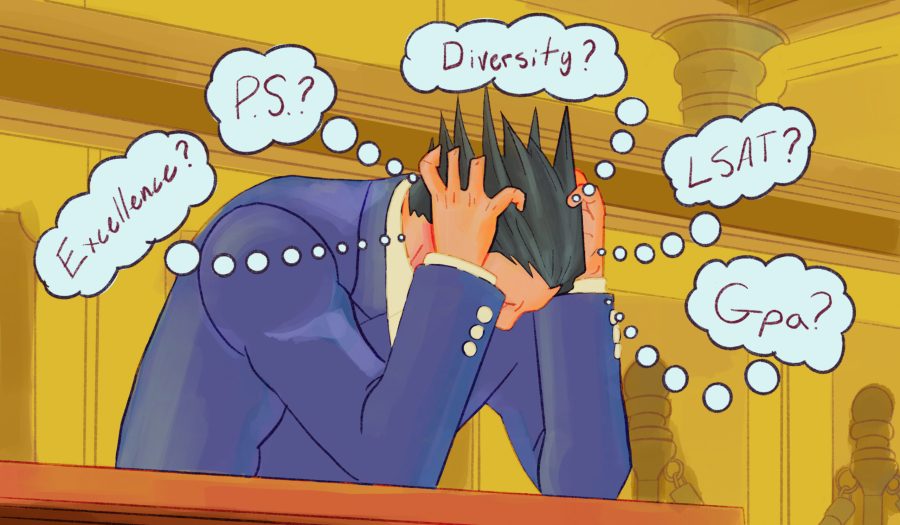







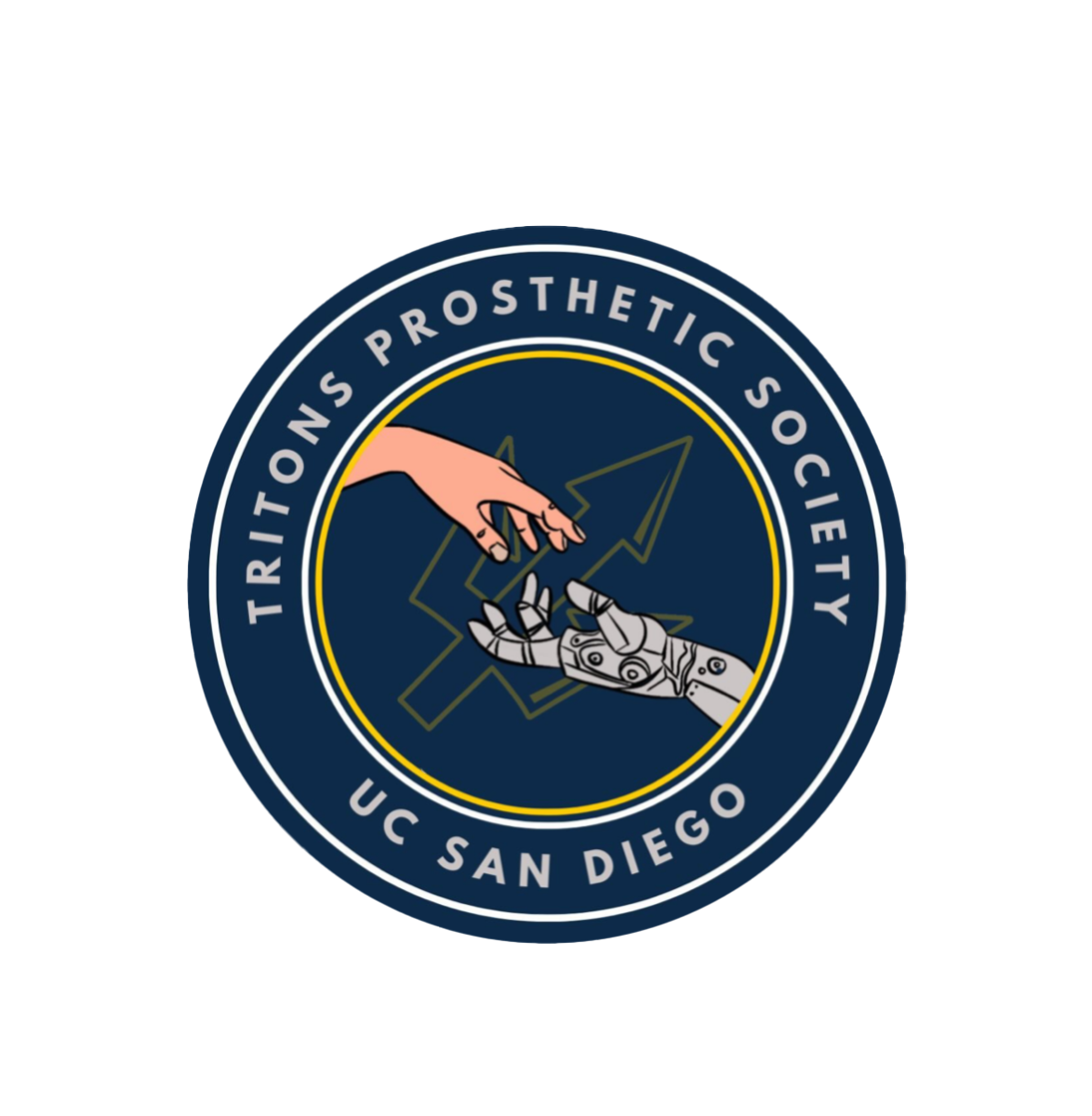
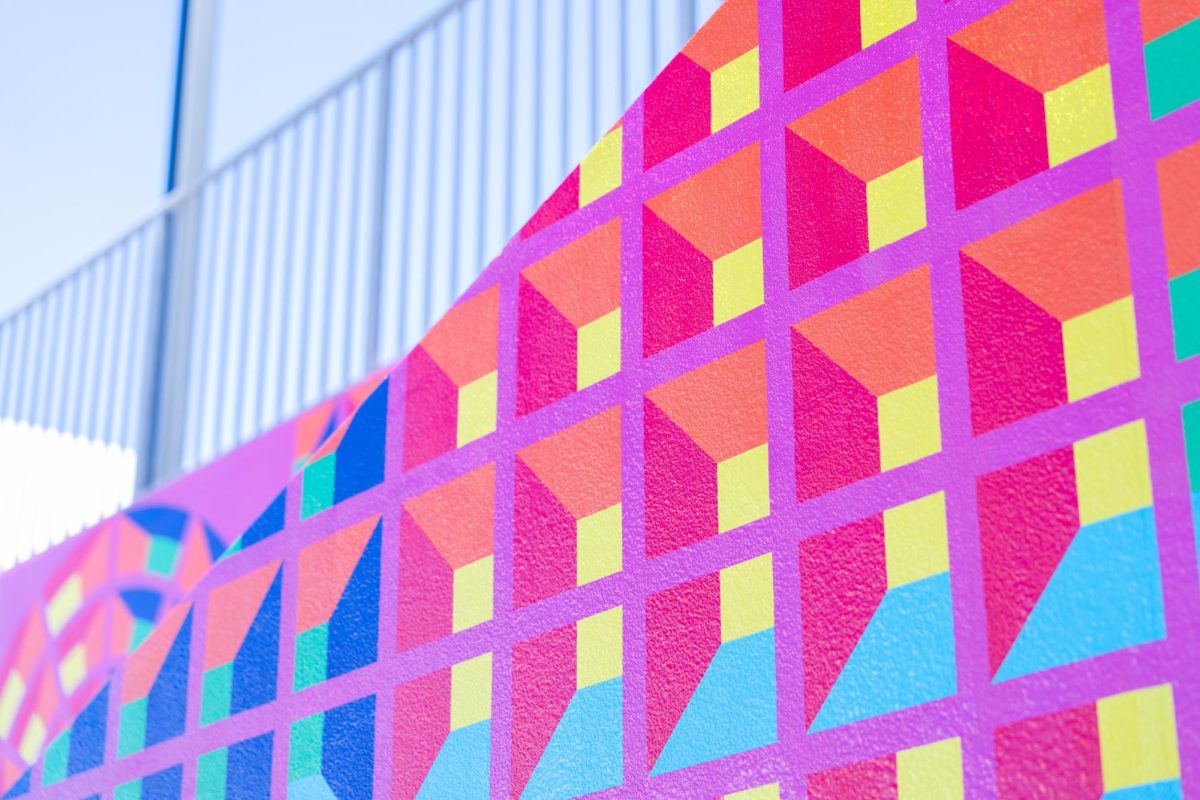
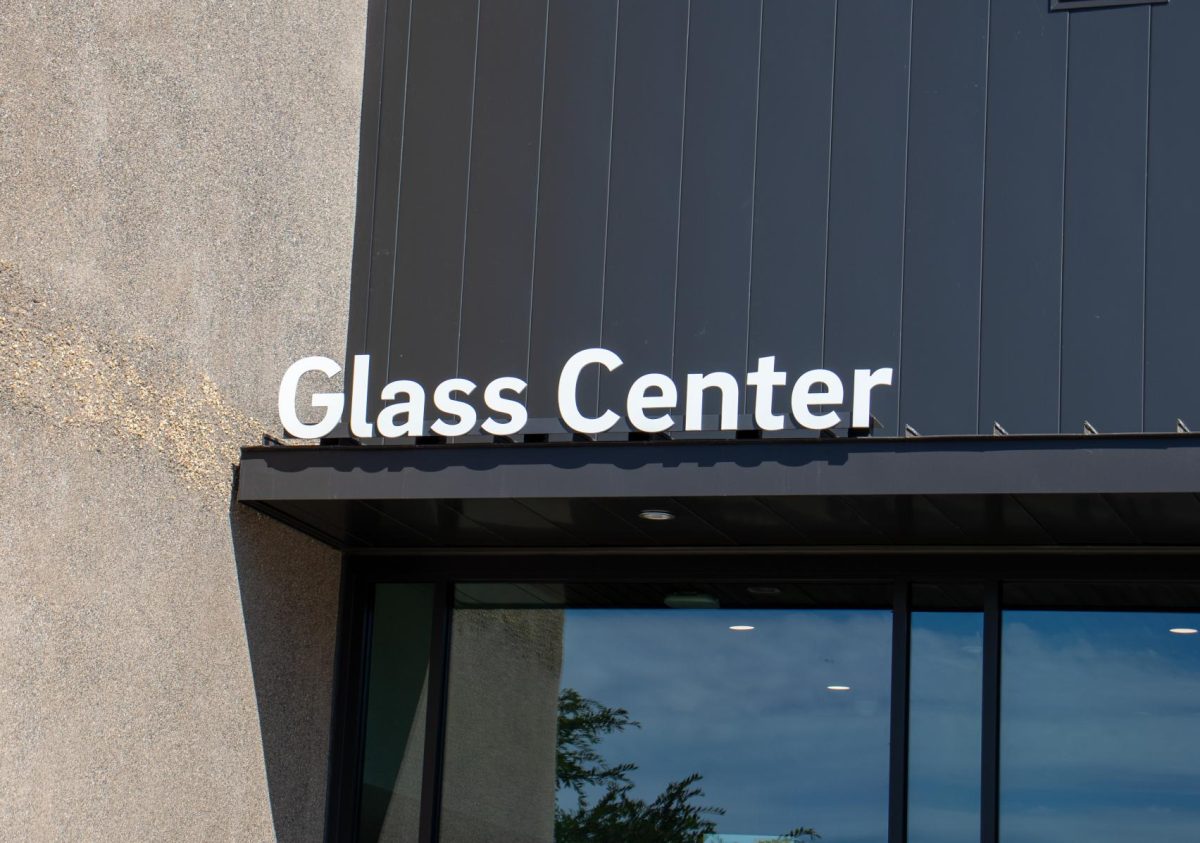
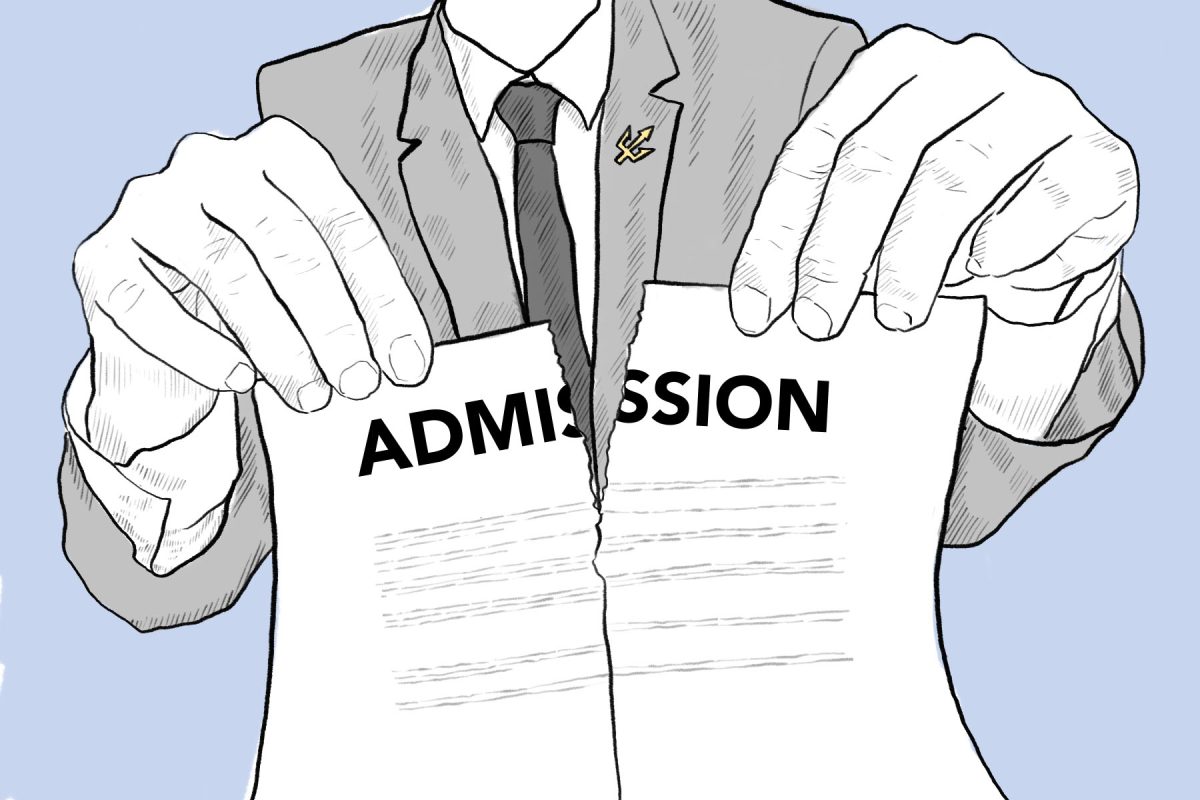

Hugh Janus • Nov 17, 2021 at 2:51 pm
“egghorn grammar” can be overlooked by editors and writers alike… but okay intellectually and racially disparage a student contributing to a student newspaper.
Jiggaboo Jones • Oct 13, 2021 at 6:20 am
It’s the opposite of “Dat-way”. As in, “Go dat-way to get some chicken and waffles.”
MeowtheRipper • Oct 13, 2021 at 6:18 am
“Disway” is an example of a word to use when you want to announce to the world that you are a moron.
Atossa • Oct 1, 2021 at 10:01 pm
What is “disway?”